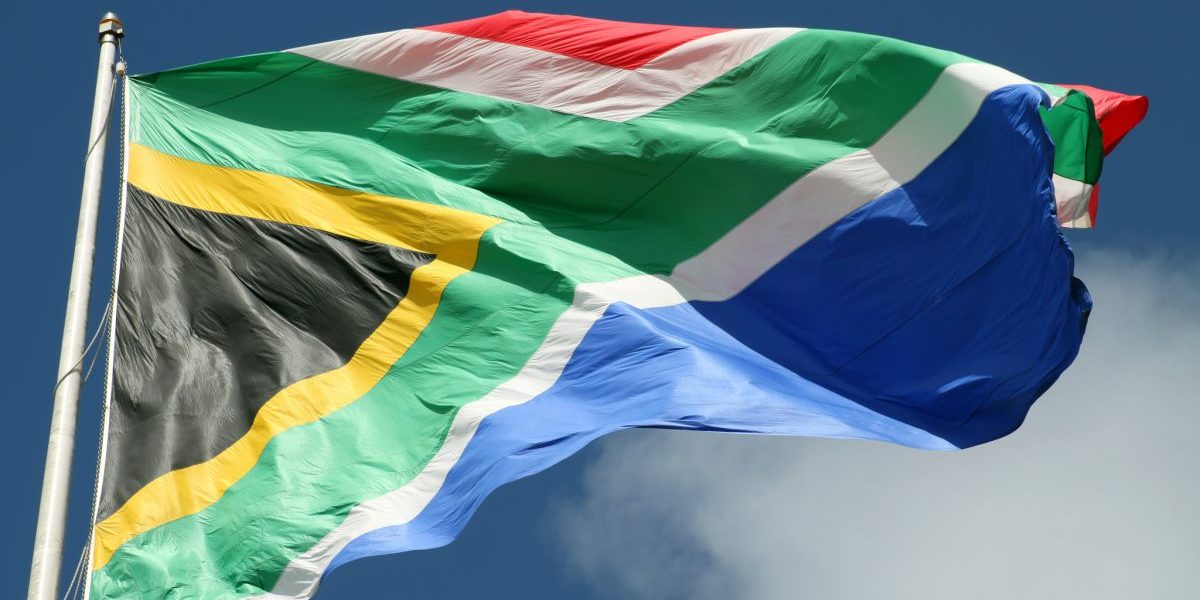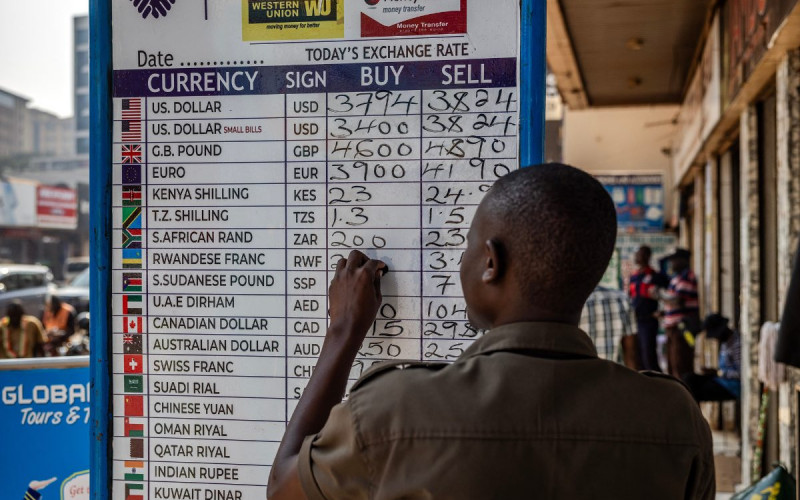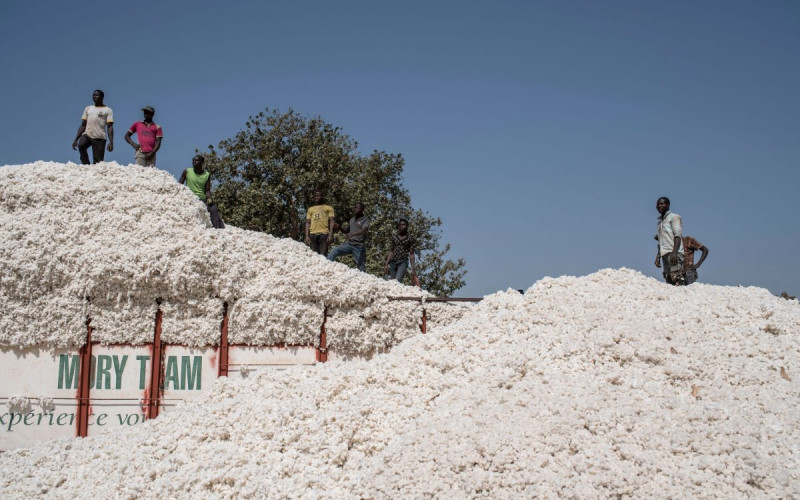The TPSF also outlines a policy of ‘strategic integration into the global economy’ designed to participate in the world economy while preserving sufficient policy space to pursue domestic objectives. This policy emphasises the need to develop a trade strategy on the new generation trade issues, including trade in services. The rationale for a work programme on trade in services rests on the high share of services in domestic and global value added, increases in services trade and the significant proportion of FDI destined for services sectors. Pressure on developing countries to liberalise their services trade at multilateral, regional and bilateral levels is an additional concern. The paper explores debates surrounding the role of the services sector in development and the inferences for South Africa’s employment creation and industrial policy goals. It considers questions about the feasibility and desirability of services trade liberalisation at the regional–bilateral and multilateral levels, as well as in North–South versus South–South configurations, and the associated implications for development policy space. The paper finds that a focus on the services sector to the neglect of manufacturing will be insufficient as a development strategy. Research on the distributional consequences and employment effects of services trade liberalisation at the subsectoral level is needed in light of the linkages between manufacturing and services sectors.
The paper highlights increasing concern about the impact on policy space of pressure on developing countries to make GATS-plus obligations in North–South regional and bilateral negotiations, particularly in services, investment and intellectual property. The paper concludes that, although efficient and reliable services are needed for industrialisation, generalised services trade liberalisation is not the appropriate strategy for the services sector either in South Africa or in developing countries more generally. Services trade liberalisation in GATS or in North–South trade agreements such as the Economic Partnership Agreements is also not necessarily the best way to improve services sector efficiency and exploit the sector’s growth and employment potential. The paper stresses the importance of services trade policy formulation, however, as envisaged in South Africa’s TPSF document, and outlines research needed on the services sector in view of South Africa’s employment creation and industrial policy goals.







